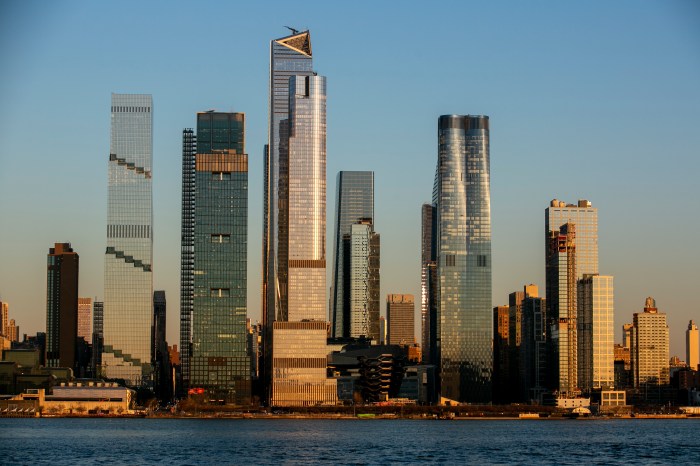BY M. JUNAID ALAM
It was 1999 and he had recently read an article about Fort Totten, triggering memories of his grandmother's frequent but vague reminders about family buried at the Civil War-era Bayside army base.But his grandmother had died in 1995, 12 years after the early death of his mother.Pondering his personal losses, Loggia felt downcast. Then, on a whim, he picked up a dust-caked picture of his mother hanging above the mirror.As he took the frame into his hands, a tiny, folded piece of paper fell out. Scrawled in his grandmother's handwriting were the words, “Copy of deed to Fort Totten burial grounds Liber Z pg. 148.”That spare, cryptic message launched Loggia's crusade to learn more about his ancestors and their history, one that would lead him to historical societies, libraries, politicians, historians –and above all, a better sense of himself.”I feel compelled to do this. I just don't know why,” Loggia said. The note's contents led Loggia to the Registrar's Office in Jamaica, where he discovered the deed contract between two of his ancestors, Jacob Thorn Wilkins and his wife, Hannah Cornell Wilkins, and Charles Willet.The 1830 document hands over what was once called Wilkins Neck, which includes Fort Totten, to Willet — “excepting and reserving the family's burial ground.”Loggia wonders how many of his relatives are buried there. “There's so much mystery about it,” he said.The significance of the find is elevated by another fact: the Thorne line to which Loggia belongs descends from William Thorne Sr. and his son, William Thorne Jr., the third and fourth signers of the famed Flushing Remonstrance.That 1657 document, signed by 30 English settlers and addressed to the New Netherland governor, Peter Stuyvesant, was a precursor to the U.S. Constitution's clause on religious freedom. The signers protested against Stuyvesant's orders not to assist Quakers, whose practices did not sit well with the Dutch Reformed Church. Arrests, banishment and fines followed.The signing's 350th anniversary, which Loggia, attended, was held just last month in Flushing.Loggia said he did not want to interrupt the event to make his case. “It wasn't the right time,” he said. “It was a celebration and I just didn't want to turn it into something else.”But Loggia does feel strongly about official recognition of the site's importance. He would like the city to erect a plaque at Fort Totten commemorating these descendants of Remonstrance signers.”I've been struggling the whole way just to get this acknowledgement,” Loggia said.He has over the years reached out to Mayor Michael Bloomberg (whose family home is near his own Duchess County residence), the president (whose mother, Barbara Bush, wrote him in response), U.S. Sen. Hillary Clinton (D-N.Y.) (whose office misplaced his papers), and a host of others.While some, like Fort Totten historian Jack Fein and the Bayside Historical Society, have been helpful, Loggia has received no word that any official recognition will ever be bestowed upon the site.”I'm really trying to get this,” he said, “because I've been doing this so long and my wife and kids keep asking, 'Why are you still pursuing this?' If it doesn't happen now, I think I'm done.”Reach reporter M. Junaid Alam by e-mail at malam@timesledger.com or by phone at 718-229-0300 Ext 174.






























